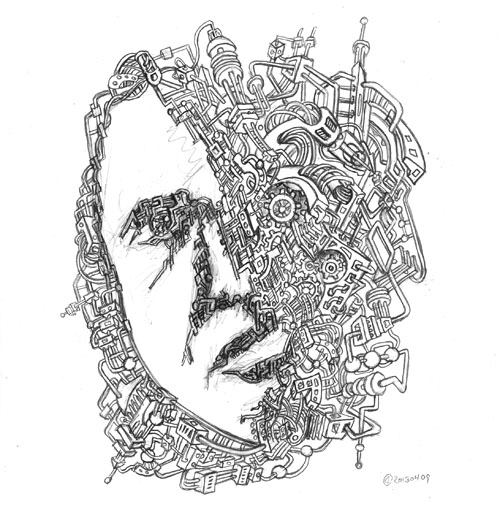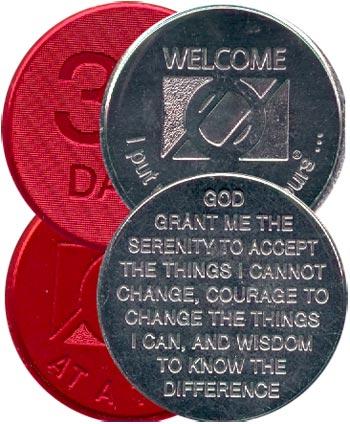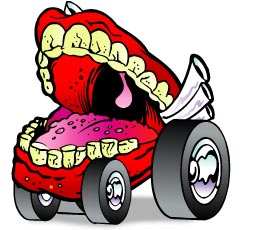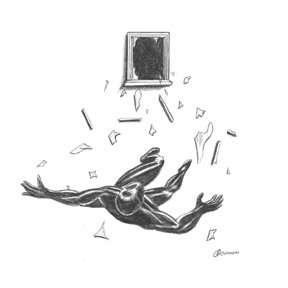I just learned that a young man from my extended family was murdered recently. I only met him once, when he was a baby in the late 1980s, and I’m told he had a troubled adulthood that led him to seedy neighborhoods and bad crowds.
Mood music:
[spotify:track:3a1HY1vAKItKCK2I5cgavn]
When good kids fall in with the wrong crowds and go tragically astray, it’s hard on their family, especially those who offer help. That’s an obvious statement, but it’s easy to forget when you’re not at the center of the storm.
This post is for one particular family member.
I know that you tried hard to reach this kid but you still feel like you should have done a lot more. I went through that when my best friend spiraled into depression and eventually took his life. This wasn’t a case where I only saw him once in a while. I saw him all the time. We took walks on Revere Beach every Sunday. We spoke several times a week on the phone. We never lost touch.
Yet I was still oblivious to just how bad things were getting for him. I knew he was depressed. But it never occurred to me that he’d kill himself over it. In the years that followed, I continuously churned the events around in my head, looking for clues I should have seen and pondering my failure as a friend. Surely, I could have done a lot more to make him feel loved and see that his was a life worth living.
In hindsight, I think I did the best I could. I was there all the time, but a lot of the man’s pain was out of view from most of us. Not the general state of depression. He talked pretty openly about that. It’s the part of him that was secretly plotting his exit. None of us saw it coming, even though we think we should have.
I suspect it was the same for you. You saw the boy’s troubles and hoped you could talk him into a better life. But you couldn’t. It’s not your fault.
Sometimes, our best isn’t going to be good enough. Because the path someone takes isn’t up to us.
I doubt these words are going to help much, if at all. I just wanted you to know I’m thinking of you.
—Bill






